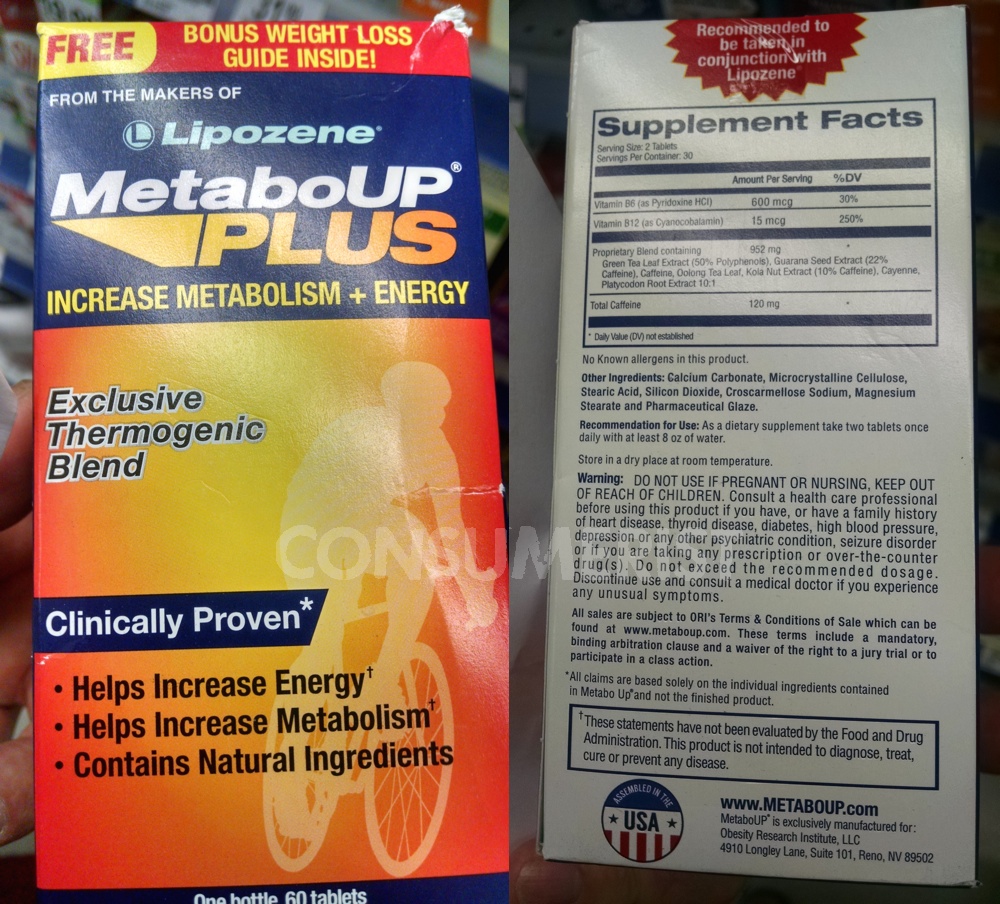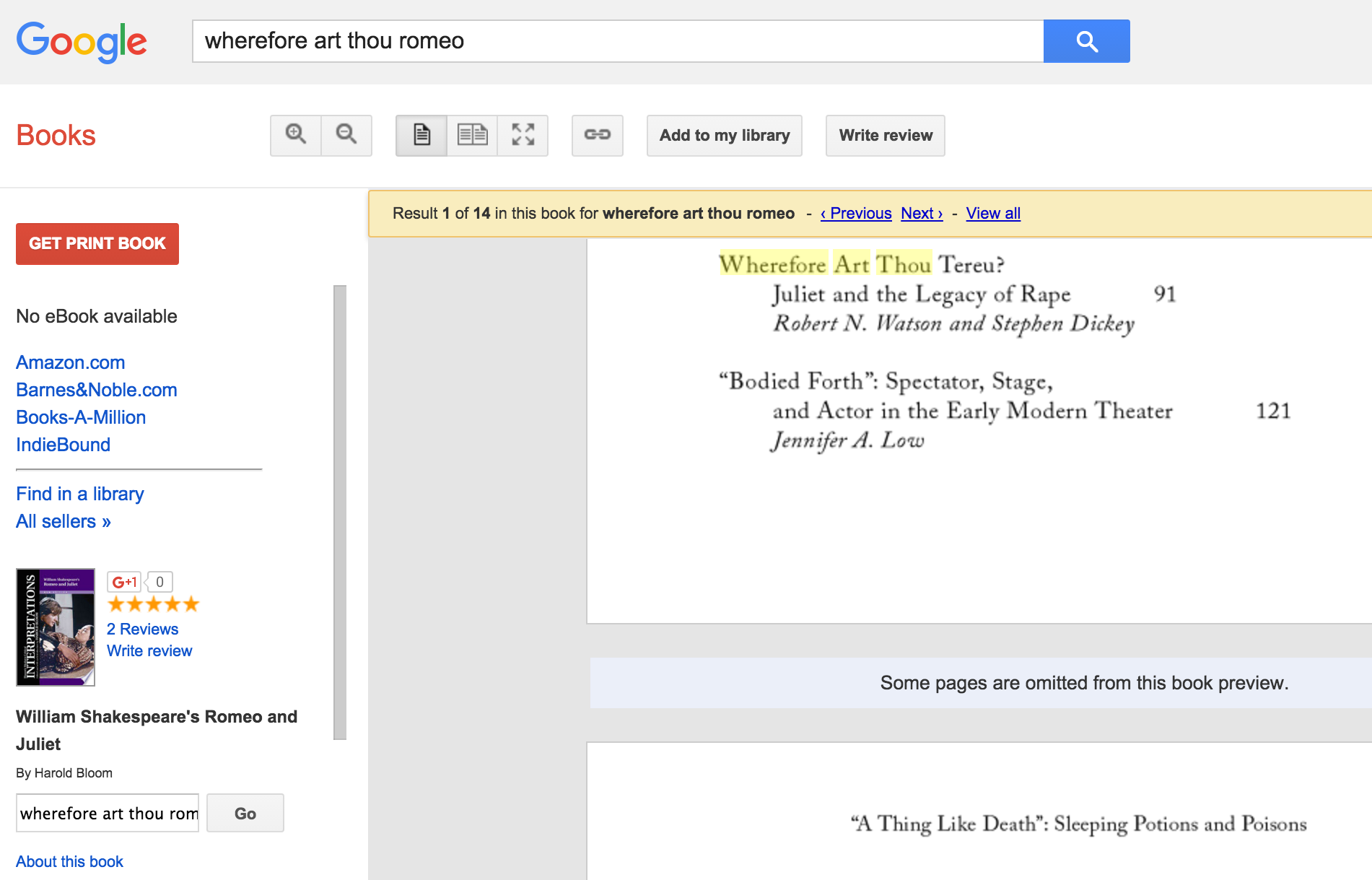If you wanted to get an idea on the ridiculous overuse of forced arbitration, here’s one of the more absurd examples we’ve seen — a weight-loss supplement with the added non-benefit of stripping users of their right to sue the company that made the pills. [More]
scotus
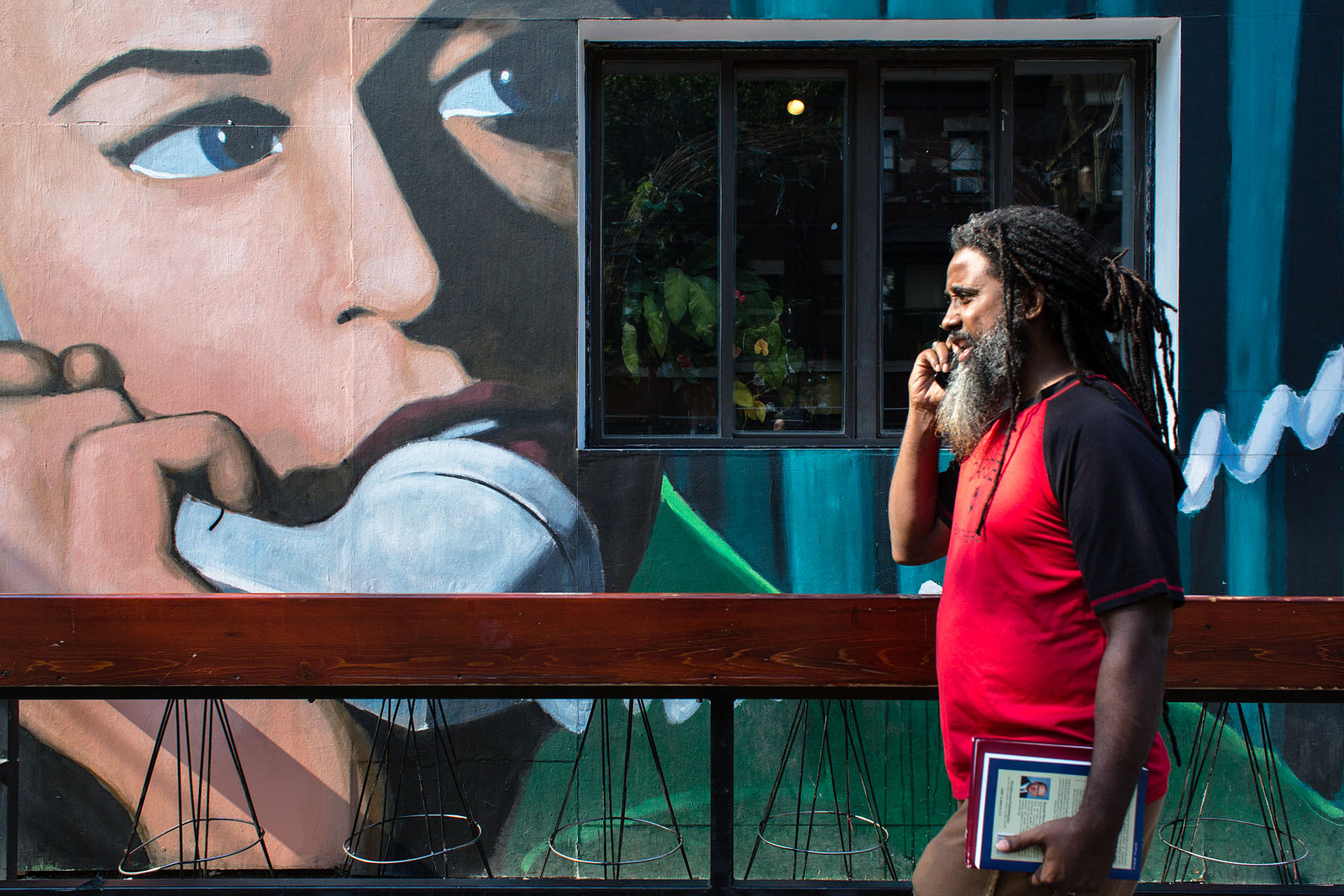
New Bill Could Stop Cable & Phone Companies From Taking Away Customers’ Right To Sue
Five years ago today, the U.S. Supreme Court sided with AT&T, ruling that companies could use a couple paragraphs of legalese buried deep in unchangeable user agreements to strip customers of their right to file a lawsuit. An upcoming piece of legislation seeks to restore that right for telecom customers. [More]
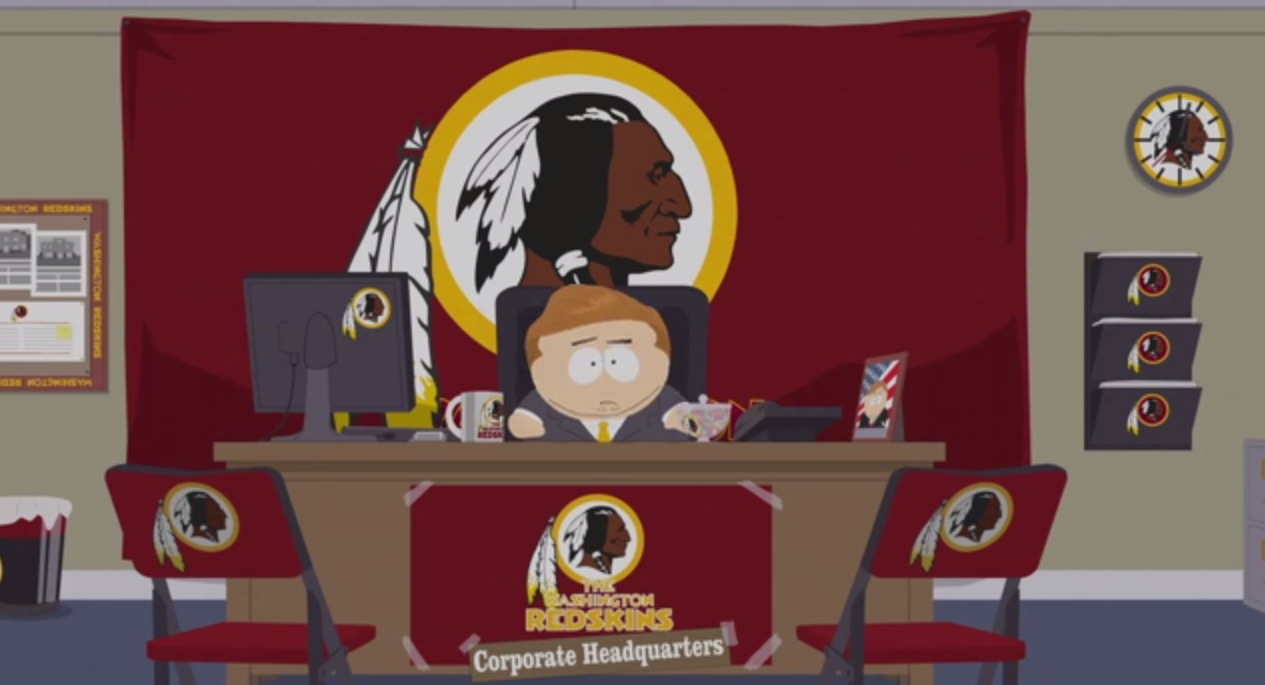
Washington Redskins Also Petition Supreme Court To Hear Trademark Appeal
Last week, the U.S. Patent & Trademark Office petitioned the Supreme Court to chime in on a case involving the trademark application for a rock band with a racially charged name. Any SCOTUS ruling in that case would have an impact on the similar ongoing dispute over the trademark for the NFL’s Washington Redskins, but rather than hope for a favorable result with that petition, the football team has filed one of its own. [More]
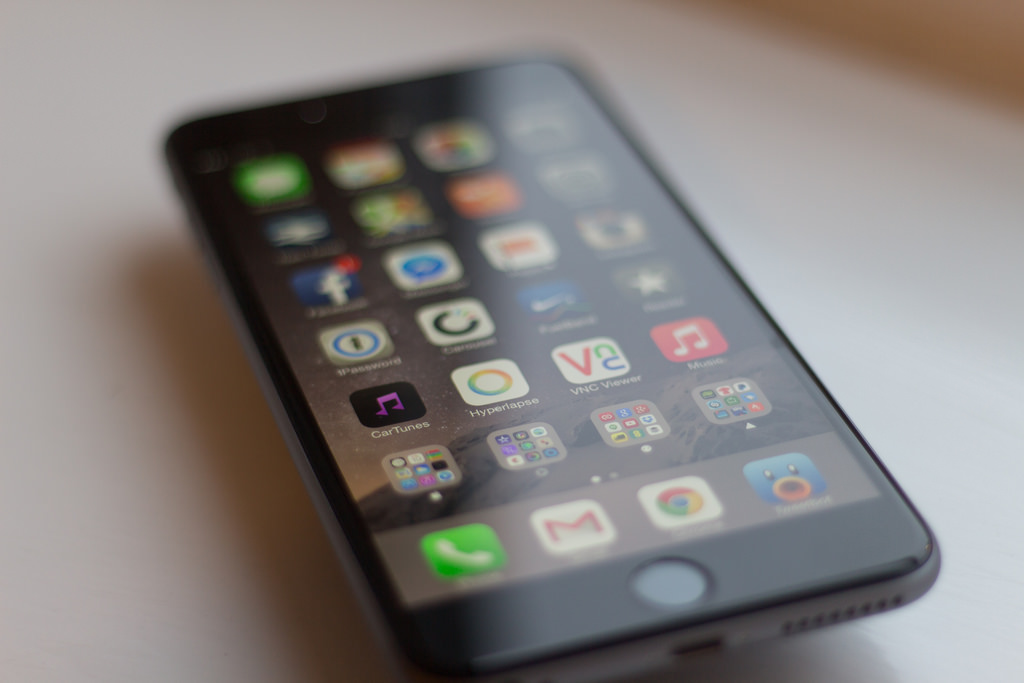
The End Is Just The Beginning In The Apple Vs. DOJ Legal Battle Over Encryption
As you may have heard, on Friday afternoon the U.S. Department of Justice backed off its efforts to compel Apple to aid in unlocking a criminal suspect’s iPhone — for the second time in only a few weeks. While some have heralded this as a significant victory for Apple (or at least as a loss for the government), it’s really just a tiny, unresolved spat in what looks to become a protracted legal battle for both sides. [More]
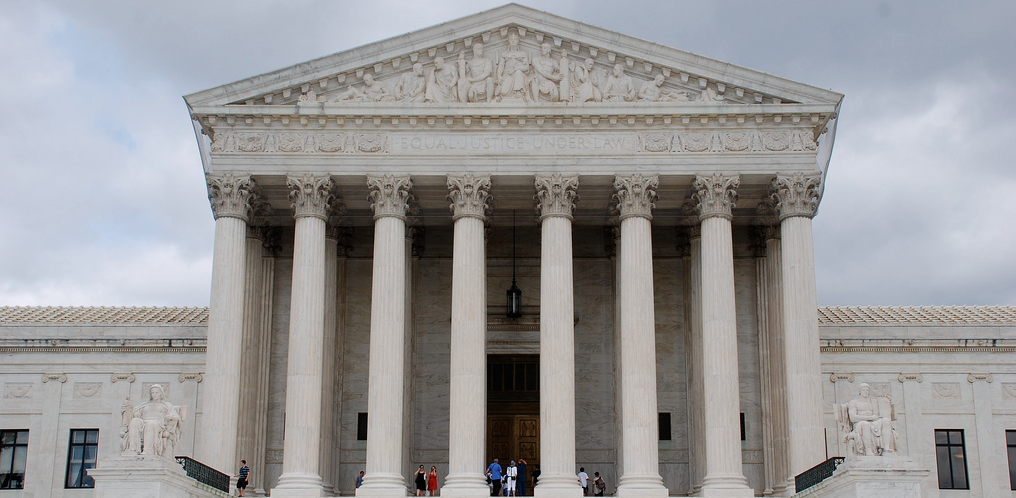
Trademark Office Takes Dispute Over “Scandalous” Trademarks To Supreme Court
While the law prohibits the U.S. Patent and Trademark Office from registering “immoral, deceptive, or scandalous” or disparaging trademarks, a federal appeals court recently ruled that this law is too restrictive and unconstitutional. Now the USPTO is asking the nation’s highest court to chime in on an issue that could impact countless rejected or cancelled trademarks, including that of the Washington Redskins. [More]
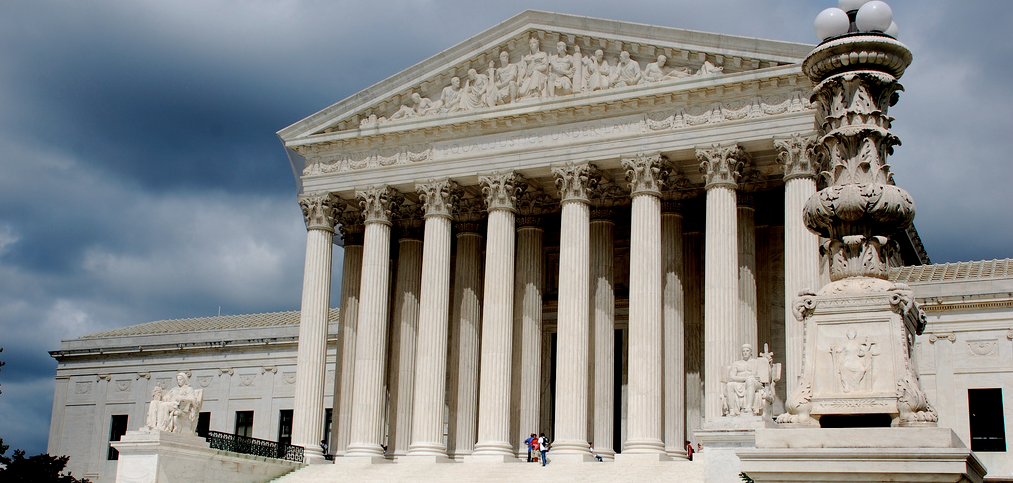
After Supreme Court Split, Challengers To Public Union Fees Want Case Re-Heard
In March, an evenly divided U.S. Supreme Court issued a one-sentence non-decision in a controversial case involving compulsory fees for public unions. The challengers in that case have petitioned the court to re-hear arguments — after a ninth justice is eventually appointed. [More]

10 Years After Verdict, Walmart Must Pay $151 Million To Employees Who Worked Off The Clock
A case that has been trickling through the state and federal court system for nearly 15 years came to an abrupt ending this morning, with the U.S. Supreme Court refusing to hear Walmart’s appeal of a 2006 verdict ordering the company to pay $151 million to Pennsylvania employees who worked off the clock. [More]

Split Supreme Court Allows Compulsory Public Union Fees To Stand
A high-profile Supreme Court case involving mandatory membership fees paid to public employee unions was expected to result in yet another controversial, narrow 5-4 decision by the nation’s highest court, but today, with only eight justices currently seated, an evenly divided SCOTUS issued a one-sentence non-decision that leaves things unchanged. [More]

SCOTUS Backs Hunter Who Uses A Hovercraft To Track Moose In National Preserve
Hovercraft. Moose. The Supreme Court of the United States. If you think those three things are totally unrelated, well, you’re wrong. The highest court in the land ruled in support of a hunter who uses a hovercraft to track moose in a national preserve in Alaska, overturning a lower court’s ruling. [More]
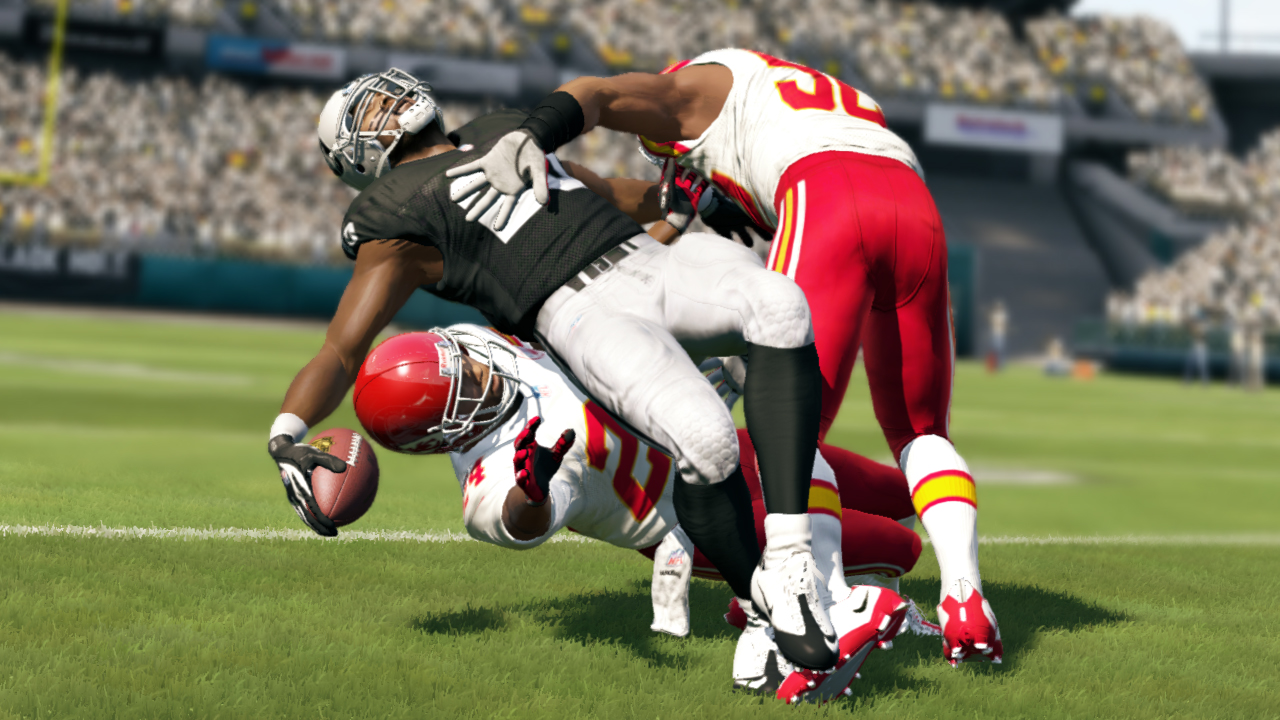
Supreme Court Will Not Hear EA’s Appeal In Madden NFL Case
No, the First Amendment does not give one of the world’s largest video game publishers the right to make money off the likeness of professional athletes without their permission or compensating them. Or at least the U.S. Supreme Court doesn’t want to hear anyone argue that it does. [More]

Supreme Court Agrees To Hear Samsung V. Apple Patent Case
The ongoing patent battle between smartphone standouts Samsung and Apple will get its day before the Supreme Court this year, as the nation’s highest court has decided to hear arguments about one facet of the long-simmering dispute. [More]
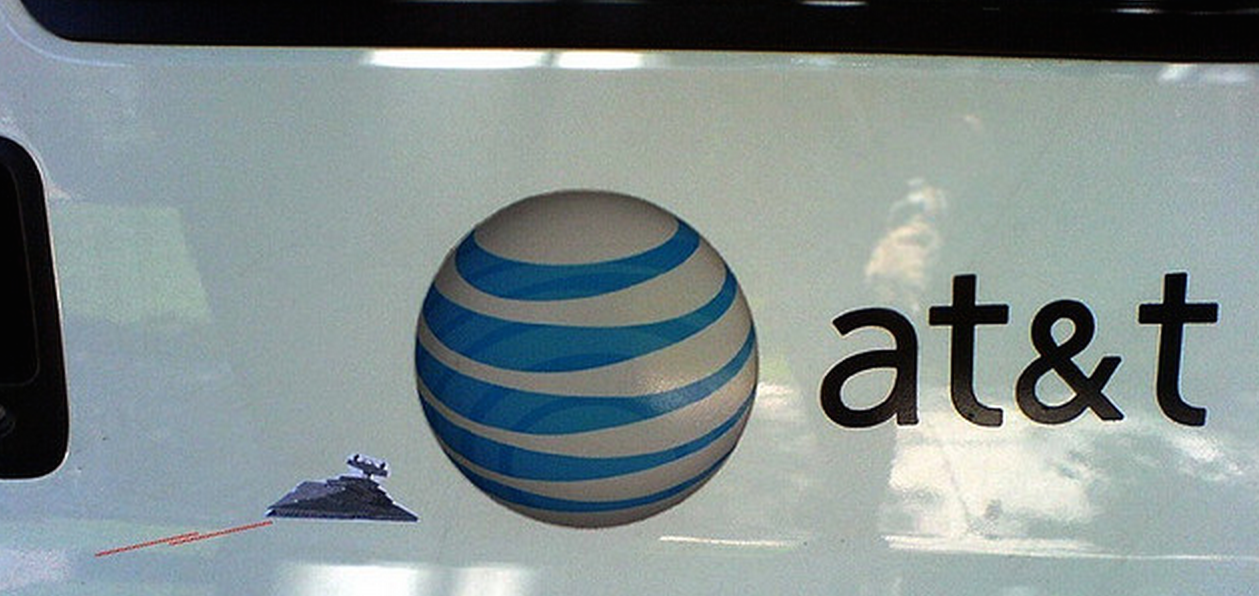
Court Reminds Us All: You Have No Right To Sue Your Phone Company
If you don’t like your wireless company’s service, or your current rate plan, you’re free to change providers. But if you think your wireless provider is breaking the law, you can’t sue the company; and it doesn’t matter which of the four major carriers you have, because they all strip their customers’ of their legal rights. [More]
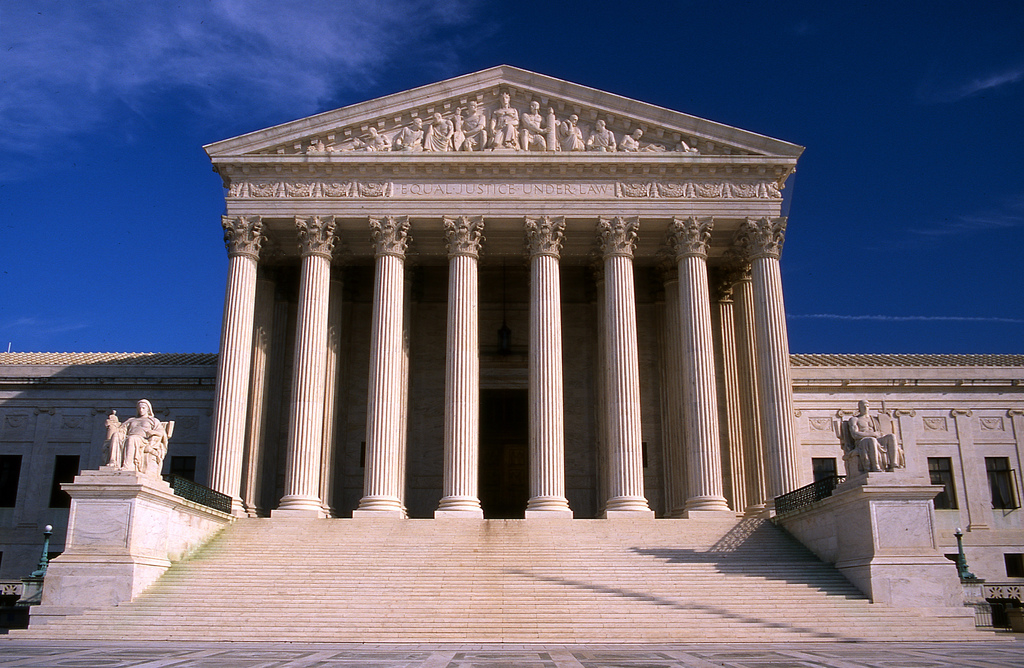
Supreme Court Leaves Apple On The Hook For $450 Million In E-Book Refunds
Nearly three years after Apple was found liable for conspiring with book publishers to fix prices on the e-book market — and nine months after losing again at the appeals court level — the electronics giant has failed to convince the U.S. Supreme Court to hear its case one final time, meaning Apple is now on the hook for $450 million to e-book buyers. [More]

Today Is The Anniversary Of 2 Live Crew’s Historic Supreme Court Win
2 Live Crew may be best known for its raunchy 1989 hit “Me So Horny” and the group’s public spats with family values groups and censors, but 22 years ago today, Luther “Luke Skywalker” Campbell and the Crew scored an important victory before the U.S. Supreme Court in a ruling that affirmed that parody constitutes a protected “fair use” of copyrighted material. [More]
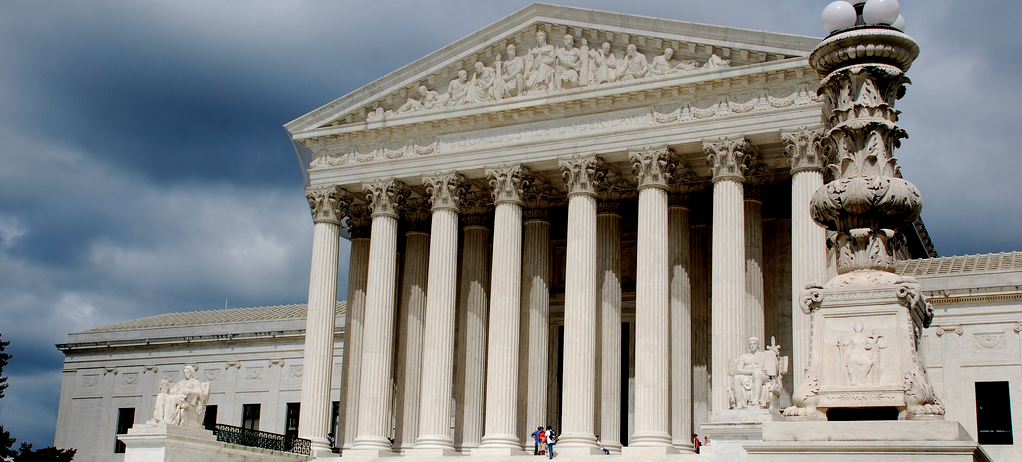
Bill Aims To Restore Consumers’ Legal Rights Stripped Away By Supreme Court Rulings
In recent years, a narrow majority of the U.S. Supreme Court has repeatedly sided against consumers’ access to the justice system, concluding that a 90-year-old law gives companies the authority to effectively skirt the legal system by preempting customers’ lawsuits. That’s why some legislators have decided it’s time to change that law. [More]
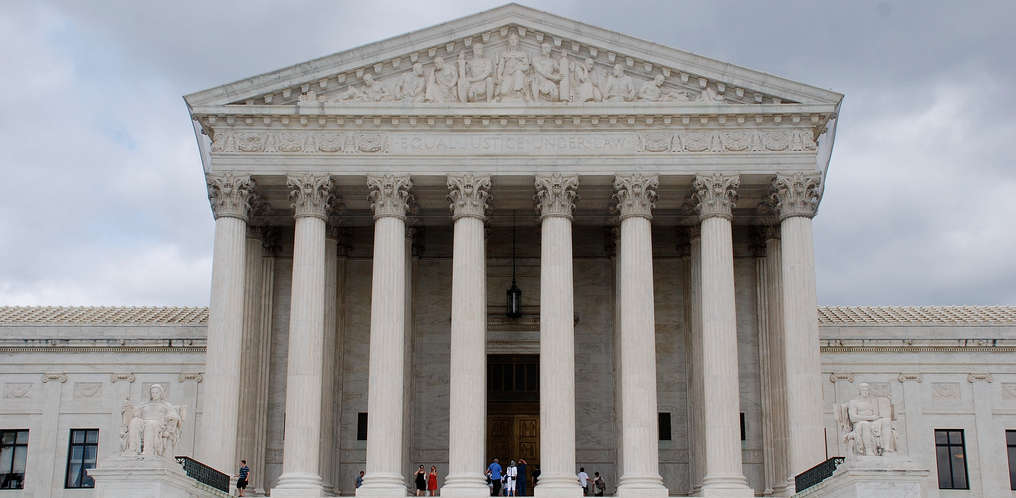
Supreme Court: You Can’t Shut Down A Consumer Class Action By Offering Settlement
If you believe that a company has wronged you and other consumers in the same way, you can file a class-action lawsuit seeking to represent all the purported victims of the company’s misbehavior. But can that company preempt the entire lawsuit by offering you a full settlement in advance? Today, the U.S. Supreme Court (well, six of them) said no. [More]


